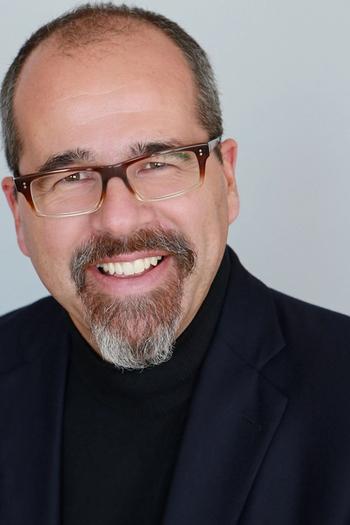
Repositories of donated drugs in 13 states are redistributing oncology medications to those in need.

Repositories of donated drugs in 13 states are redistributing oncology medications to those in need.

Employee benefit consultants who advise employers on the most cost-effective options for companies contracting with health insurers have seen both the advantages and disadvantages of alternative health plans.

When representatives of alternative health plans pitch employers, they promote the idea that these plans allow members to choose high-quality physicians and hospitals that keep costs low.

By cutting costs for employers and reducing or eliminating out-of-pocket costs for employees, alternative health plans are taking market share from traditional insurance. The plans say they can cut costs by steering members to high-value providers.

Several firms are trying to bring the clinical laboratory to patients’ doorsteps, but the task comes with plenty of challenges.

Gastroesophageal reflux disease is a risk factor for what is now the more common type of esophageal cancer, adenocarcinoma. Immunotherapy is coming on strong as a treatment.

François de Brantes, a member of the Managed Healthcare Executive ® editorial advisory board and senior partner at High Value Care Incentives Advisory Group LLC, describes what he believes has caused a major inflection point in the management, delivery and payment of U.S. healthcare

A Swedish and a French company have treatments with novel mechanisms of action in late-stage development. Meanwhile, AbbVie, Janssen and Eli Lilly are vying to get the first interleukin-23 inhibitor for ulcerative colitis on the market.